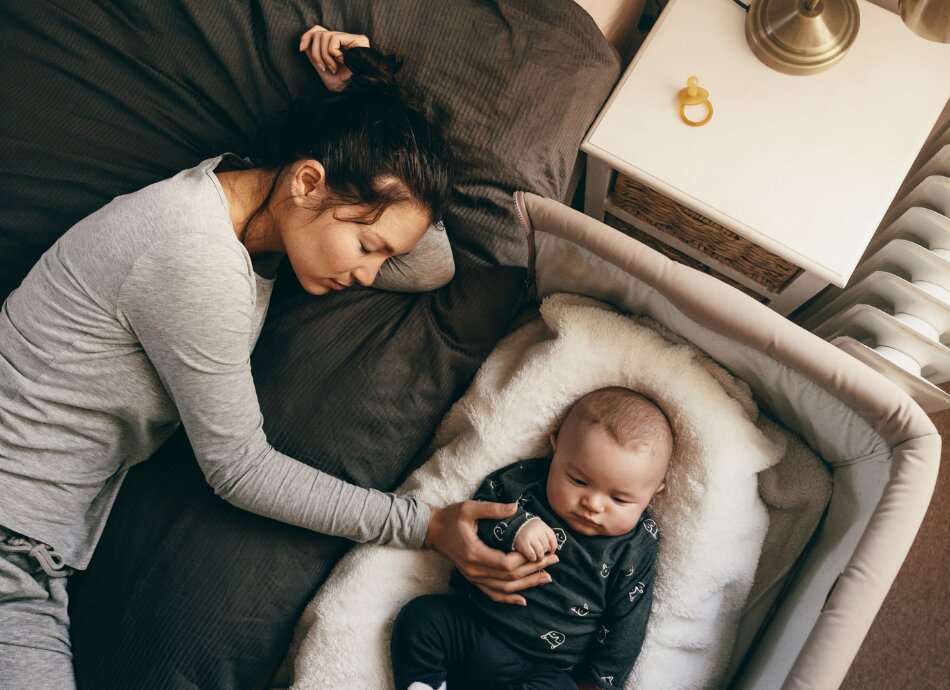Breastfeeding is also known as lactation. It can help to delay when you start ovulating (releasing an egg) and having periods after the birth. This is known as lactational amenorrhoea (LAM) and it can be used as a contraceptive method. LAM can be up to 98% effective in preventing pregnancy for up to 6 months after the birth.
All of the following conditions must apply:
- You’re fully, or nearly fully, breastfeeding.
- This means you’re only giving your baby breast milk, or you’re infrequently giving other liquids in addition to your breast milk.
- Your baby is less than 6 months old.
- You haven’t had a period since the birth.
The risk of pregnancy increases if any of these conditions apply:
- you start breastfeeding less often
- there are long intervals between feeds – both day or night
- you stop night feeds
- you use supplement feeding
- your periods return.
Once your baby is more than 6 months old the risk of getting pregnant increases, so even if you don’t have periods and are fully or nearly fully breastfeeding, you should use another contraceptive method.






